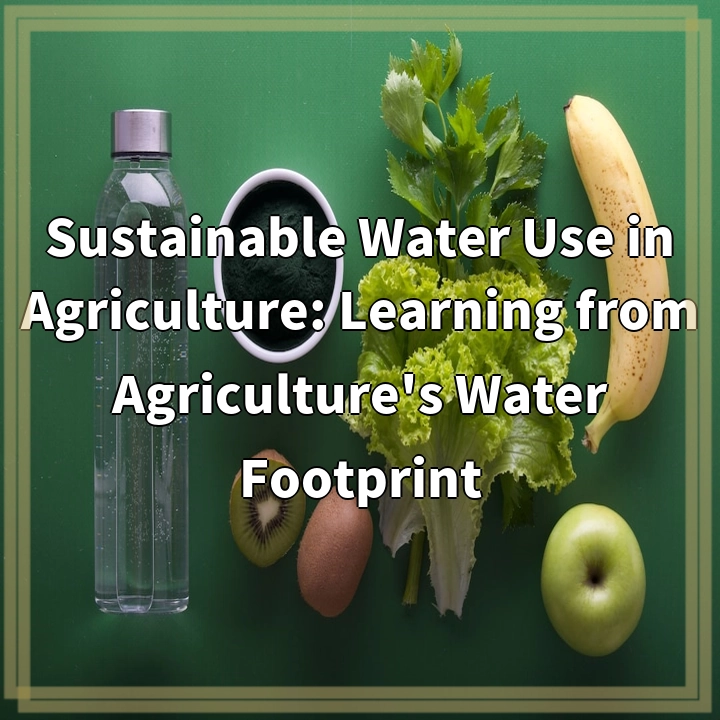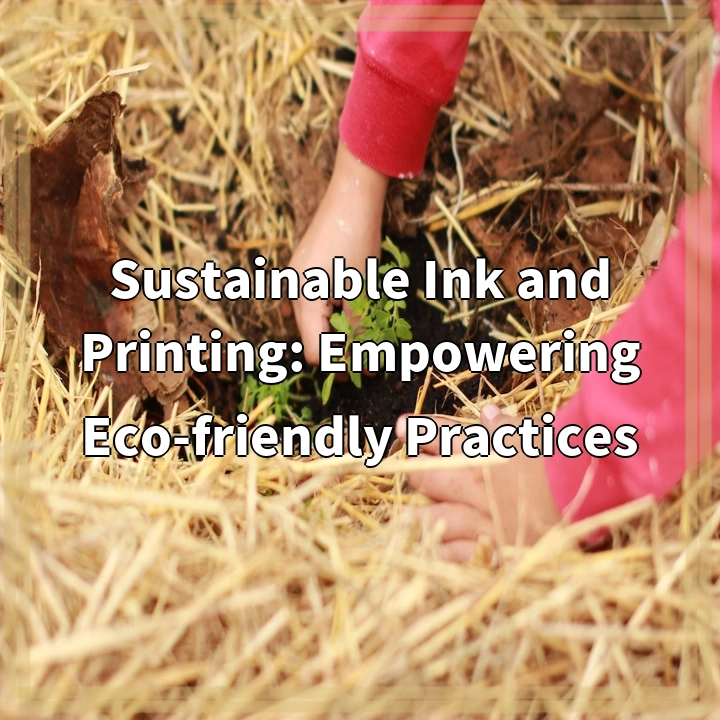
What is Sustainable Water Use in Agriculture?
Sustainable water use in agriculture refers to the practice of managing water resources in a way that minimizes negative impacts on the environment, maximizes food production, and ensures long-term water availability. It involves adopting techniques and technologies that promote efficient water use, reduce water waste, and prioritize the needs of ecosystems and future generations. Effective sustainable water use in agriculture is of utmost importance in the face of increasing water scarcity, climate change, and the growing demand for food.
Real-World Problems Associated with Agriculture’s Water Footprint
Agriculture accounts for a significant portion of global water consumption, contributing to its water footprint. Despite being vital for food production, agriculture also poses several challenges and problems related to water use. Here are some of the key real-world problems associated with agriculture’s water footprint:
1. Water Scarcity and Competition
The demand for water in agriculture often competes with other sectors such as domestic, industrial, and ecological needs. In regions experiencing water scarcity, agricultural activities can put excessive strain on already limited water resources, exacerbating water scarcity issues and leading to conflicts between different users.
2. Water Pollution
Agricultural practices such as the use of chemical fertilizers and pesticides can result in water pollution. When these substances are washed off fields or leach into groundwater, they can contaminate water sources, negatively impacting the quality of water for both human consumption and ecosystem health.
3. Irrigation Inefficiency
Inefficient irrigation systems can contribute to water waste and decrease the overall water-use efficiency in agriculture. Outdated irrigation methods, such as flood irrigation, can result in significant water losses due to evaporation, runoff, or overwatering. Improper irrigation management can further exacerbate water scarcity issues.
4. Ecosystem Degradation
Excessive agricultural water use can harm ecosystems, particularly when water is withdrawn from rivers, lakes, or aquifers that are crucial for supporting biodiversity and maintaining ecological balance. Reduced water flows and altered water levels can impact aquatic habitats, disrupt wildlife migration patterns, and diminish the overall health of ecosystems.
5. Climate Change Impacts
Climate change is altering precipitation patterns and increasing the frequency and intensity of droughts and extreme weather events. These changes significantly impact agricultural water availability and make sustainable water use even more crucial. Adapting irrigation practices, implementing water-saving technologies, and effectively managing water resources are essential to mitigate the impacts of climate change on agriculture’s water footprint.
Conclusion
Sustainable water use in agriculture is a critical component of ensuring food security, protecting ecosystems, and mitigating water-related challenges. Understanding the real-world problems associated with agriculture’s water footprint is crucial in developing effective strategies and practices to promote sustainable water use. By adopting water-efficient technologies, improving irrigation management, and implementing policies that prioritize the long-term health of water resources, we can learn from agriculture’s water footprint and move towards a more sustainable and resilient agricultural sector.

Solutions for Sustainable Water Use in Agriculture
To address the real-world problems associated with agriculture’s water footprint, it is crucial to implement sustainable water use practices in agriculture. Here are some key solutions to promote sustainable water use:
1. Water-Use Efficiency and Conservation
Improving water-use efficiency through the adoption of efficient irrigation systems, such as drip irrigation or precision sprinklers, can minimize water losses and reduce wastage. Implementing measures to conserve water, such as rainwater harvesting, water recycling, and utilizing drought-tolerant crop varieties, can also help reduce reliance on freshwater sources and decrease water demand.
2. Precision Farming Techniques
Utilizing precision farming techniques can optimize water use by applying water, fertilizers, and pesticides precisely where and when they are needed. This approach minimizes water and chemical waste, improves crop health, and maximizes resource efficiency.
3. Sustainable Irrigation Practices
Transitioning towards sustainable irrigation practices, such as the use of smart irrigation controllers and soil moisture sensors, helps ensure that crops receive the right amount of water at the right time. Proper irrigation scheduling, avoiding over-watering, and maintaining proper drainage systems can significantly reduce water waste.
4. Integrated Water Resource Management
Implementing integrated water resource management approaches at the regional or watershed level can help manage water allocation, prioritize needs, and balance the water requirements of agriculture, ecosystems, and other sectors. This involves coordinating water use among stakeholders, promoting water-efficient technologies, and considering environmental flows.
5. Policy and Regulation
Governments play a crucial role in promoting sustainable water use in agriculture through policy and regulation. Implementing water pricing mechanisms that reflect the true value of water, providing incentives for water-efficient practices, and enforcing pollution control measures can help drive sustainable agriculture and ensure responsible water management.
Conclusion
By implementing these solutions, we can significantly reduce the negative impacts of agriculture’s water footprint and promote sustainable water use in agriculture. Collaborative efforts from farmers, policymakers, researchers, and society as a whole are essential to create a resilient agricultural sector that balances the need for food production with the protection of water resources and the environment.















